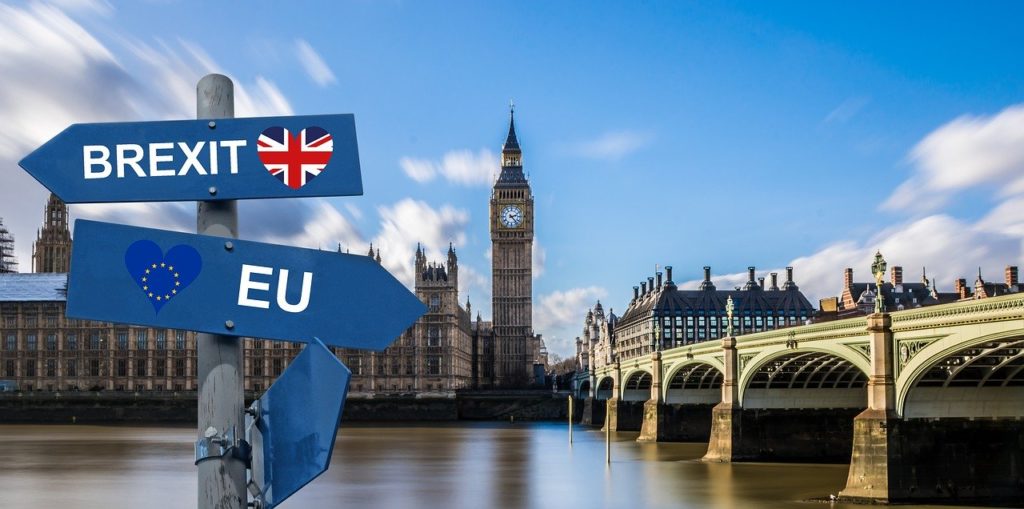
It is no news that the United Kingdom has left the European Union. The early stage of the implementation of Brexit will allow citizens of the United Kingdom who intend to travel to the European Union the privileges the enjoy before Brexit. New rules will then come to effect after the implementation is completed. Thus, It is expected that from the first day in 2021, the effects of Brexit on travel to the EU will take the course. Citizens of the United Kingdom travelling to the European Union will be faced with strict rules.
Beside the rules between the United Kingdom and Europe, other nations of the world travelling to the United Kingdom and the Schengen states might not face any rule different from what they used to experience before Brexit. There is a little to worry about for now for the UK. since the full transition will take effect from 2021.
The United Kingdom will allow short-term trips and holiday travel for the 27 member states of the European Union, and for the citizens of the 3 countries of the European Free Trade Association (EFTA). This implies that citizens from any of the European Union and EFTA (Iceland, Liechtenstein, Norway and Switzerland) will not require a visa to visit the United Kingdom. Travel documents required to enter the United Kingdom remain unchanged this year. A valid passport or identity card is what is needed for the above countries to enter the United Kingdom in the year 2020.
The rule for the national identity card as a means of entry to the United Kingdom for countries in the European Free Trade Association will change in the year 2021. A prior announcement will be made before the rule takes effect.
As for the citizens of the United Kingdom travelling to any of the Schengen Areas, they will still be able to travel without a visa for a short-term trip or a holiday of a maximum of 90 days within a 180-day duration. As announced by the European Parliament in 2019, the earlier rules apply during the transition period. Up till 2021, the UK citizens can travel to the Schengen Areas without a visa or a passport with a six-month validity.

What are the Effects of Brexit on Travel to the EU
After the transition period, the effects of Brexit on travel to the EU will begin to manifest. The following changes may take effect. One, the six-month passport validity may take effect. This implies that a UK citizen travelling to the Schengen Areas must have a valid passport valid for at least six-month to the time of exit from the Schengen Area. Two, the dedicated passport lane for EU, EEA and Swiss citizens will no longer be available for the UK citizens. And in some occasions, proof of finance may be required before entry to the Schengen Area.
The rule will also affect custom. As of now, citizens of the UK can carry goods to the EU and bring goods from the EU to the UK without restrictions. Once the transition is fully completed, the rules will change. The government may impose taxes and duty fees on some items starting from 2021.
Also, the rule regarding free mobile phone roaming in the EU may no longer be available for the UK. Although provisions might be made by some service provider to continue to offer the free-roaming service, more details will be revealed in due time about how they do this. The rules regarding pet travel will change too. Before now, citizens of the UK use a pet passport scheme which allows them to travel with their pet. From 2021, the process will change and they will need to make an arrangement 4 months before the travel.
On the whole, most of these changes will affect the UK and the EU travel arrangements. Nothing much may change for citizens of other nations who will be travelling to the UK.
Thinking of awesome places to visit in the UK, check out this link. If you will like to explore luxurious hotels in London, check this out.

Like!! Great article post.Really thank you! Really Cool.